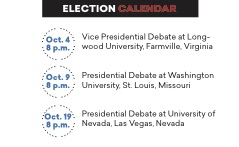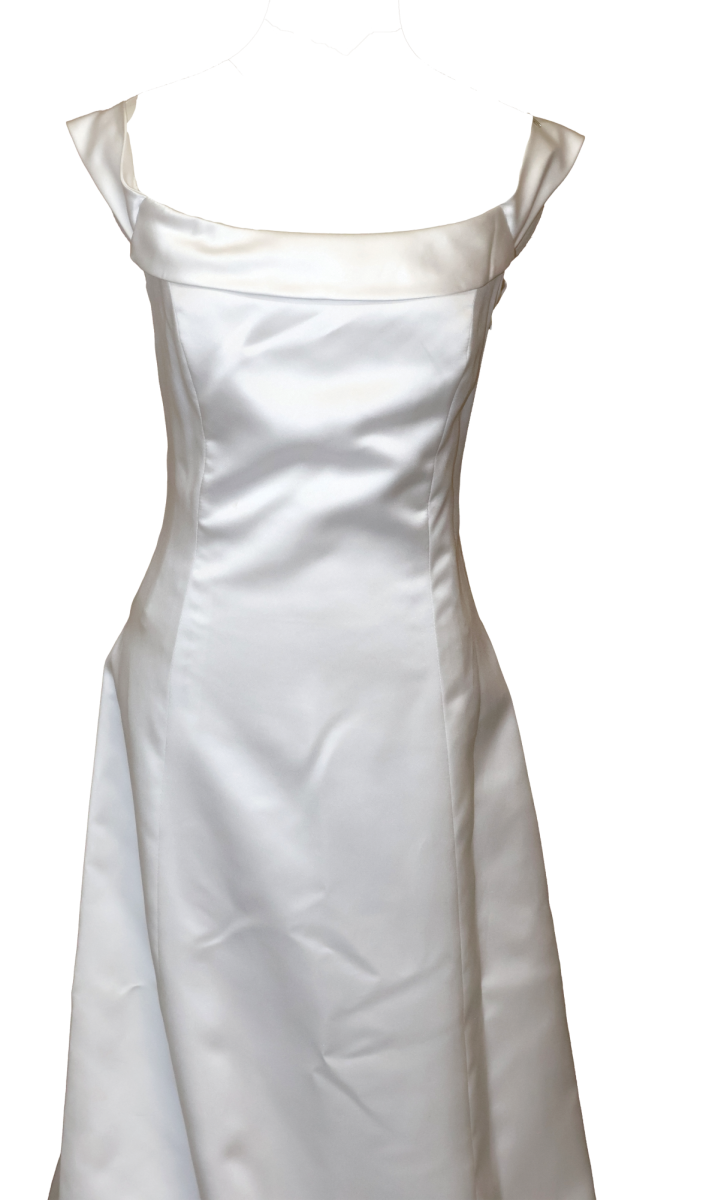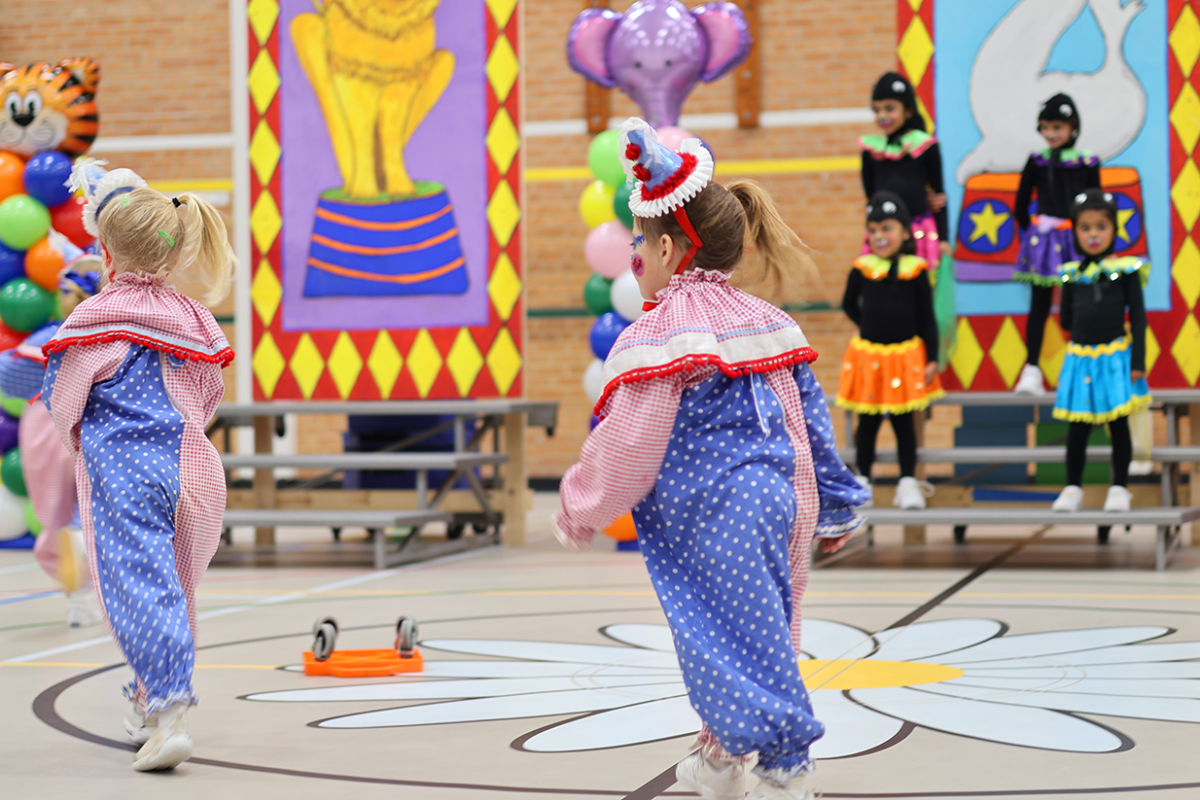Millennial Votes Impact Election
Millennials are the United States’ largest living generation. According to the Pew Research Center analysis of 2016 U.S. Census Bureau data, approximately 69.2 million millennials (adults aged 18-35) rival the 69.7 million baby boomers (adults aged 52-70), who had previously dominated the American electorate. The data suggests that younger people who are eligible to vote have greater electoral influence; however, voter turnout typically comprises everyone but millennials.
Lagging youth enthusiasm in elections, according to the Pew Research Center, can be partially attributed to the feeling that their vote is pointless in the grand scheme. According to the Washington Post, every youngest generation throughout history has had the least interest in voting due to the perception that their voices are unheard.
While many millennials abstain from voting and subscribe to this sentiment, a few are enthusiastic about the upcoming election. Junior Kaitlen Cerney looks forward to exercising her voting rights.
“If we want our voice to be heard, we obviously have to get out there, go vote and make our presence known,” Cerney said.
Although Cerney encourages her peers to vote, she said that her experience with sending in her voter registration is cumbersome, which she feels can also deter young people from voting.
“I find the system of still having to mail in your voter registration form a bit antiquated and that’s holding a lot of millennials back,” Cerney said. “It would be great if the system could graduate to something online and easier to do.”
Three Big Takeaways From the Presidential Debate
1. Presidential candidates have consistently released their tax returns since the early 1970s. While Clinton followed this trend, the question of whether Trump will follow this tradition still remains. He claimed in the Presidential Debate that tax evasions made him “smart,” further asserting that if he had paid his taxes, they would have been squandered by the government.
2. Clinton criticized Trump’s fiscal plans by referring to them as “trumped-up trickle-down economics.” She then pointed out that he had received significant economical support from his father. Trump responded by stating that his father had given him “a very small loan.”
3. Trump openly bragged about his travels. “You’ve seen me, I’ve been all over the place. You decided to stay at home and that’s okay.” Clinton countered that she used the time to prepare for the debate and to “prepare for the presidency.”







